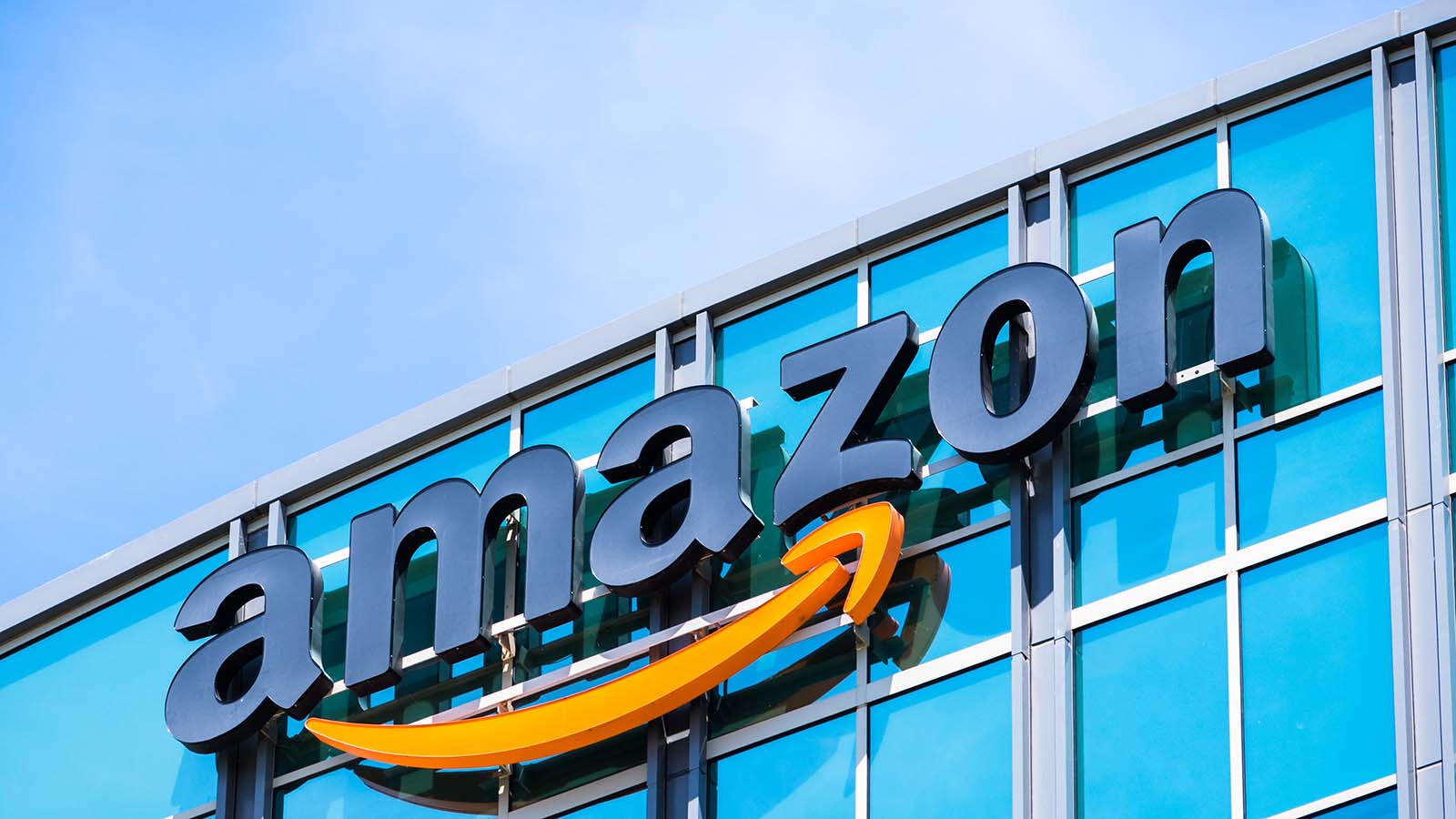Amazon (NASDAQ:AMZN) reported strong sales and free cash flow (FCF) growth for the three months ended June 30. AMZN stock will likely rise at least 15% over the next few quarters based on its expected growth in the third and fourth quarters.

Amazon is benefiting from the boom in online shopping fueled even further by people who are stuck indoors due to the novel coronavirus restrictions. Moreover, this trend is likely to increase, especially as new habits are likely to stay ingrained, even if the restrictions ease into next year.
Based on Amazon’s historical free cash flow ratios, I project that the stock is basically undervalued. I put together a model of the company that estimates free cash flow for Q3 and Q4. I then used those FCF estimates along with an estimate of its FCF yield to project its price.
Estimating AMZN Stock’s Underlying FCF
Before I show my estimates for Amazon’s FCF, it’s worth noting that the company uses a definition of free cash flow that’s slightly different than most other companies. The e-commerce behemoth adds sales of assets back into its FCF numbers, which tends to increase the FCF, while also making those more variable. Most other companies don’t do this. I use a more traditional method. So you might see some differences between my FCF estimates and Amazon’s.
The simplest way to describe how I estimate Amazon’s FCF is to say it is first based on sales estimates. I used the Seeking Alpha estimates for Q3 and for the full year of 2020. Then I used Amazon’s operating cash flow margin and projected it for Q3 and Q4.
For example, in Q2 Amazon posted an operating income margin of 6.6%.
Based on its historical conversion into FCF, I estimate that the FCF margin will be 11.6% in Q3 and 13.7% in Q4. You can see this in the first chart at the right.
That means that Q3 FCF is estimated to be $34.4 billion over the last 12 months (LTM). That represents a growth rate of over 64% year-over-year.
You can see the historical growth rate of FCF in the second chart on the right.
In addition, based on estimates for sales and FCF margins in Q4, LTM FCF will reach $35.3 billion in Q4. Again, these are for the prior 12 months.
Moreover, this also is obvious in the same chart. The estimates for FCF are the two green columns, as opposed to the yellow columns. This shows that FCF is growing again.
Estimating FCF Yield
Now, to complete the analysis, I estimated the FCF yield. This is equal to the actual LTM FCF generated each quarter and dividing it by the market capitalization at the end of the quarter. You can see this in the third chart on the right.
Note that there is a relationship between the higher stock price and a lower FCF yield. I believe that the FCF yield will continue to fall incrementally over the next two quarters.
As you can see by the end of Q4 2020, the FCF yield is estimated to fall to 1.86%. This leads to a 15% higher stock price. Here is how that will work.
First, divide the LTM FCF of $35.3 billion (see the green column for Q4 2020 in the second chart) by the 1.86% Q4 FCF yield (third chart). This leads to a market value of $1.895 trillion.
Next, although there are 501 million shares outstanding now, I believe there will be 502 million outstanding by the end of Q4. Therefore, taking $1.895 trillion and dividing it by 502 million shares, leads to a new stock price estimate of $3,775 per share.
That’s a 12.8% increase over yesterday’s closing price of 3,346.49 per share. That represents a reasonably good return for most investors.
As of this writing, Mark Hake, CFA does not hold a position in any of the aforementioned securities. He runs the Total Yield Value Guide which you can review here.
